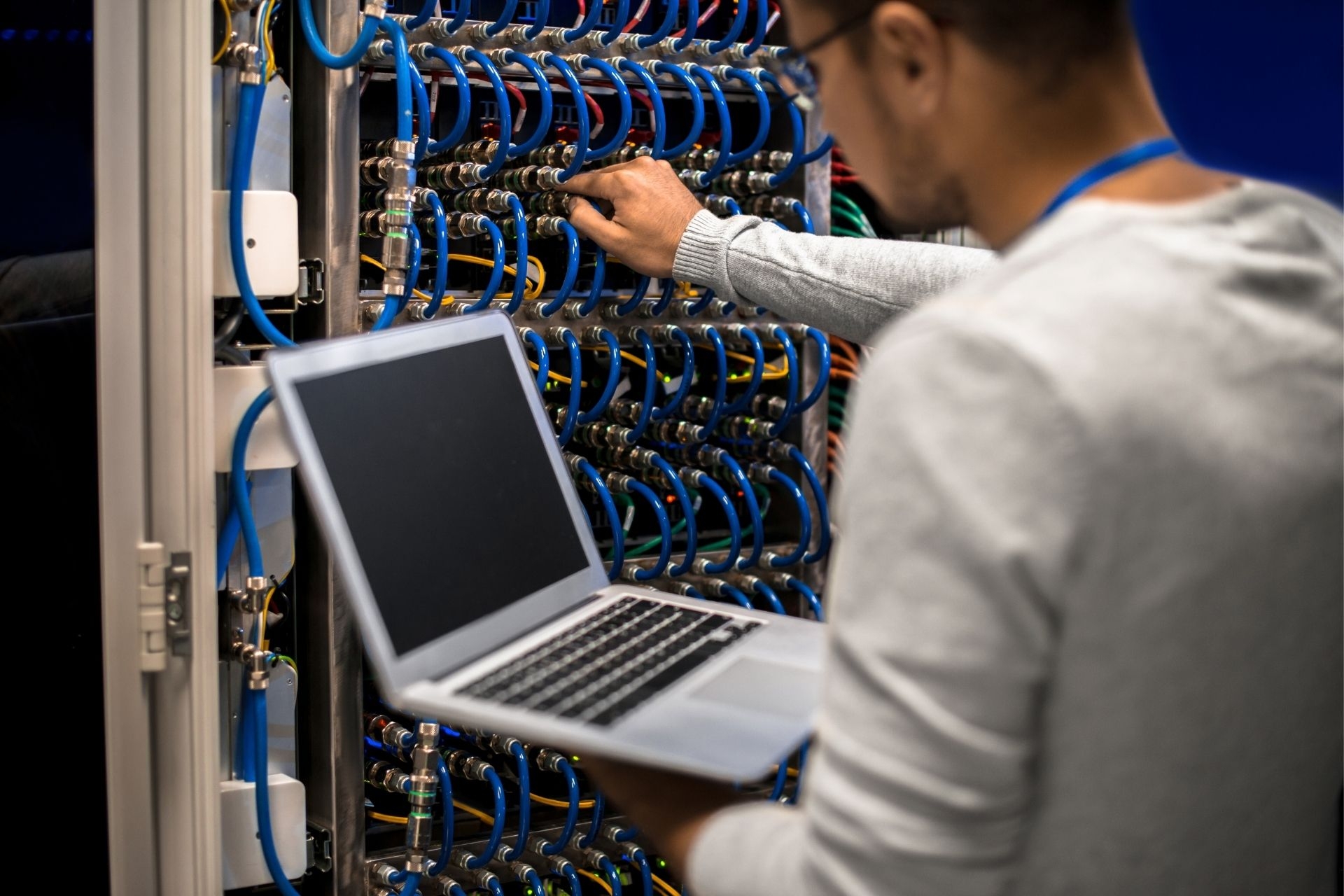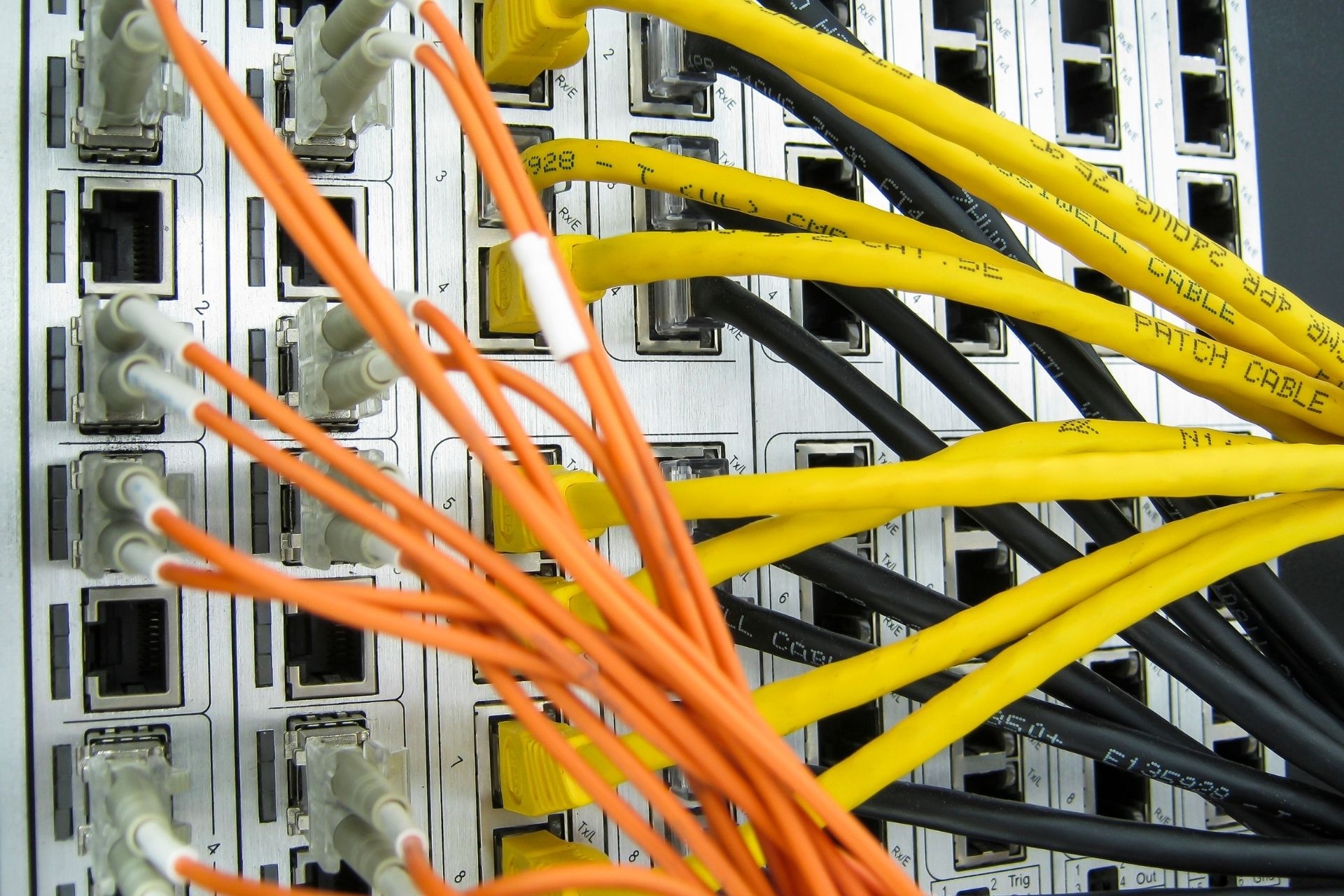

When considering broadband solutions for multi-dwelling units with a high density of residents, it is essential to prioritize scalability and reliability. Fiber-optic internet or a high-speed cable connection are often the best options for such settings, as they can handle the heavy usage demands of multiple residents simultaneously. Additionally, implementing a robust network infrastructure with sufficient bandwidth capacity is crucial to ensure a seamless internet experience for all residents in the building.
MDU Internet Infrastructure Used Currently For Commercial Applications in 2024
Implementing fiber-optic internet in multi-dwelling units can significantly enhance connectivity for residents. By deploying fiber-optic cables directly to each unit, residents can enjoy high-speed internet with low latency and minimal interference. This ensures that all residents have access to fast and reliable internet connectivity, even during peak usage hours. Fiber-optic internet also future-proofs the building's network infrastructure, allowing for potential upgrades and advancements in technology.
For students and other multi-tenant property residents, high-speed internet service is no longer a luxury. It’s a necessity. Internet access is commonly referred to as the “fourth utility” and is viewed by many to be THE MOST IMPORTANT UTILITY™.

Posted by on 2023-07-20
THE MOST IMPORTANT UTILITY™ Dojo Networks provides THE MOST IMPORTANT UTILITY™ service: Reliable high-speed internet access. Internet service is touched by your residents more than their lights, hot water, or heat/AC. MDU owners and property managers agree that residents place a high priority on high-speed internet service and according to a survey by Entrata, a “basic technology package” that includes internet access tops the list of amenities for which residents are willing to pay a premium.

Posted by on 2023-05-19
Multi Dwelling Unit (MDU) Property Owners have been besieged over the past 30 years by cable and telecom companies offering to provide television and high-speed internet services through contracts that vary from simple Right of Entry (ROE) to complicated Installation & Service Agreements. Today, the complexity of these contracts continues to be great, and property owners should use caution and seek professional advice before signing any new or renewal agreements.

Posted by on 2023-05-03
Touched by your residents more than their lights or hot water, the Internet has become a required utility, and managed WiFi is the perfect way to deliver the utility to your tenants. Tenants believe that the Internet should just work—no questions asked, no matter where they are in your building or on your property. You want happy tenants, and you recognize the competitive advantage and potential income that managed WiFi offers. You also know that installing managed WiFi can require a substantial capital investment, so you need to do it right the first time, with a vendor you can trust and rely on. But how do you find the best vendor? What should you require, and what questions should you ask?

Posted by on 2023-04-27
Utilizing a managed Wi-Fi service in a multi-dwelling unit setting offers several advantages, including centralized network management, enhanced security features, and improved performance optimization. Managed Wi-Fi services can help ensure that all residents have equal access to high-speed internet, while also providing customizable options for bandwidth allocation and quality of service settings. Additionally, managed Wi-Fi services can help prevent network congestion and optimize connectivity for all residents in the building.

To ensure reliable internet access for residents in a multi-dwelling unit, implementing load balancing and failover solutions is crucial. Load balancing distributes network traffic evenly across multiple connections, preventing any single connection from becoming overloaded. Failover solutions provide backup internet connections in case of primary connection failures, ensuring uninterrupted connectivity for residents. By implementing these strategies, multi-dwelling units can maintain a stable and reliable internet service for all residents.
Security considerations are paramount when providing broadband services in a multi-dwelling unit. Implementing robust encryption protocols, firewall protection, and network monitoring tools can help safeguard residents' data and privacy. Additionally, implementing user authentication measures, such as secure passwords and access controls, can prevent unauthorized access to the network. Regular security audits and updates are essential to ensure that the network remains secure and protected from potential cyber threats.

Effectively managing bandwidth usage in a multi-dwelling unit is essential to prevent network congestion and ensure a smooth internet experience for all residents. Implementing bandwidth management tools, such as Quality of Service (QoS) settings and traffic shaping techniques, can help prioritize critical applications and allocate bandwidth fairly among residents. By monitoring network traffic and optimizing bandwidth usage, multi-dwelling units can prevent slowdowns and ensure consistent internet performance for all residents.
When considering the choice between EPON and GPON for MDU internet infrastructure, several factors come into play. These factors include the size of the MDU, the bandwidth requirements of the residents, the cost of deployment, the scalability of the network, and the availability of fiber optic infrastructure in the area. EPON, or Ethernet Passive Optical Network, may be preferred for smaller MDUs with lower bandwidth demands due to its cost-effectiveness and simplicity. On the other hand, GPON, or Gigabit Passive Optical Network, is better suited for larger MDUs with higher bandwidth needs as it offers higher data rates and greater scalability. Additionally, the existing fiber optic infrastructure in the area may also influence the choice between EPON and GPON, as leveraging existing infrastructure can help reduce deployment costs and simplify network management. Ultimately, the decision between EPON and GPON for MDU internet infrastructure will depend on a careful consideration of these various factors to determine the most suitable solution for the specific needs of the MDU.
When connecting MDUs to cloud service providers, several considerations must be taken into account to ensure a seamless and efficient integration. Factors such as bandwidth requirements, network infrastructure, security protocols, scalability options, data migration processes, and service level agreements need to be carefully evaluated. It is essential to assess the compatibility of the MDU's existing hardware and software with the cloud services being implemented, as well as the potential need for upgrades or modifications. Additionally, considerations should be made regarding data privacy, compliance with industry regulations, disaster recovery plans, and ongoing technical support. By addressing these various aspects, MDUs can successfully leverage cloud services to enhance their operations and provide better services to their residents.
MDU internet providers typically handle service upgrades and migrations by first assessing the current infrastructure within the multi-dwelling unit (MDU) to determine the best course of action. This may involve upgrading equipment, increasing bandwidth capacity, or implementing new technology to improve service quality. Providers may also work closely with property managers and residents to communicate any changes or disruptions that may occur during the upgrade process. Additionally, providers may offer migration services to seamlessly transition customers to new service plans or technologies without interruption. Overall, MDU internet providers prioritize efficient and effective upgrades and migrations to ensure customer satisfaction and retention.
When designing in-building internet infrastructure for MDUs, several primary considerations must be taken into account. These include the layout and size of the building, the number of units within the building, the existing wiring and cabling infrastructure, the desired internet speeds and bandwidth requirements, the potential for interference from neighboring networks, the need for scalability and future expansion, the type of internet connection (fiber, cable, DSL, etc.), the location of access points and routers, the security measures in place to protect the network, and the overall cost of installation and maintenance. By carefully considering these factors, designers can create a robust and reliable internet infrastructure that meets the needs of residents in MDUs.
Network Interface Devices (NIDs) play a crucial role in managing internet access in Multi-Dwelling Units (MDUs) by serving as the point of demarcation between the service provider's network and the internal wiring of the building. NIDs help regulate and control the flow of data, ensuring that each unit within the MDU receives the appropriate bandwidth and quality of service. By monitoring and troubleshooting network issues, NIDs help maintain a stable and reliable internet connection for residents. Additionally, NIDs can provide security features such as firewall protection and access control, safeguarding the network from potential threats. Overall, NIDs are essential components in managing internet access in MDUs, optimizing performance and enhancing the user experience for residents.
In MDU environments, network downtime and service disruptions are minimized through the implementation of redundant systems, proactive monitoring, regular maintenance, and efficient troubleshooting protocols. By utilizing fiber-optic technology, load balancing techniques, and failover mechanisms, property managers can ensure uninterrupted connectivity for residents. Additionally, the use of network management software, remote diagnostics, and automated alerts help identify and address issues before they escalate. Collaborating with reliable service providers, conducting periodic audits, and investing in scalable infrastructure also contribute to the overall resilience of the network in MDU settings. By prioritizing reliability, performance, and security, property owners can create a seamless and dependable network experience for their tenants.